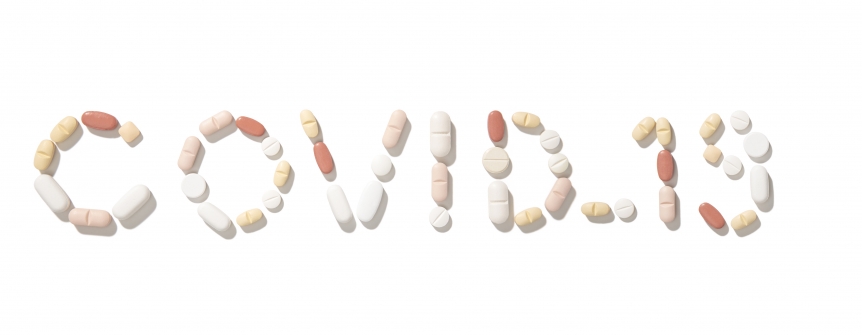By Laurie Deitrich, CSP, ARM, HEM, Risk Control Specialist
According to National Institute of Mental Health, there is a connection between opioid overdose deaths and mental health. “While we don’t know exactly how many opioid overdose deaths are actually suicides, some experts estimate that up to 30% of opioid overdoses may fit this description. The connection between opioid overdose and suicide has appeared to increase over time, with one 2017 analysis of National Vital Statistics data showing significant increases in suicides involving opioids among all age groups except teens and young adults between 1999 and 2014; in those aged 55-64, the rate quadrupled. A 2017 study using national survey data showed that people who misused prescription opioids were 40-60% more likely to have thoughts of suicide, even after controlling for other health and psychiatric conditions. People with a prescription opioid use disorder were also twice as likely to attempt suicide as individuals who did not misuse prescription opioids.”
As alarming as these statistics are, Dr. Nora Volkow, Director of the National Institute on Drug Abuse, expressed major concern for the enormous risk of relapse in people who are drug addicted, and the risk of suicide that is always much higher in individuals addicted to drugs, particularly opioids. She adds that the pandemic has curtailed access to treatment programs, support systems, and social support networks, compounding the addiction problem. Also, there is concern surrounding the possibility of an increase in the number of suicides associated with COVID, including those among people who are addicted. (Read the full interview here.)
So, what can and should we do?
Employers:
- Ensure a drug-free workplace policy is written and followed.
- Employee education is key to understanding the risks, and ensuring the prevention.
- Partner with your Murray Third-Party Administrator to ensure workers’ compensation injuries are managed well and opioid abuse is being identified.
- Conduct supervisory training for the best understanding of drug prevention and signs and symptoms to look for.
- Provide resources for employees to get proper treatment and mental health assistance.
- Consider the implementation of a certified Safety Committee to keep the discussion going.
Everyone:
- Do not share medications – Most people who misuse opioids get them from friends or relatives.
- Don’t save medications you no longer need – Ensure proper disposal.
- Learn how to get help for addiction.
- Talk to your children – Adolescents and young adults need to be aware of the effects of drug use.
Contact the Murray Risk Management Team or your Murray Risk Control Consultant at 717.397.9600 for additional assistance on resources and tools for prevention, including materials contained in the Succeed / KPA risk management platform.
Share this Post

